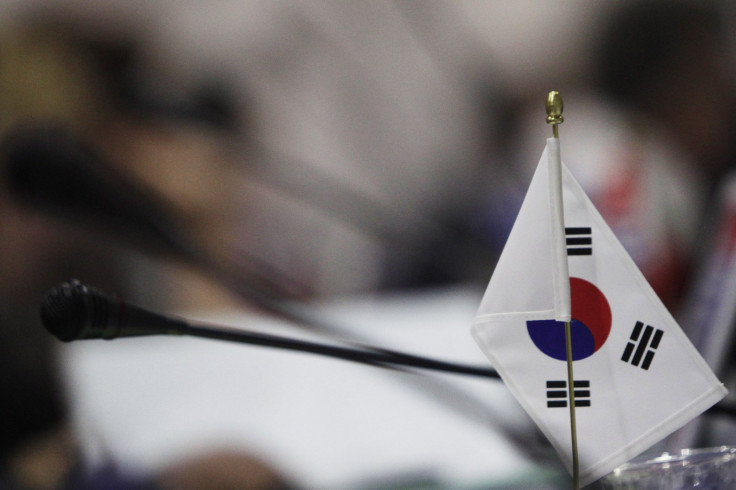South Korea Strikes Down Anti-Adultery Law

South Korea’s constitutional court on Thursday revoked a controversial adultery law that punished unfaithful spouses with up to two years in prison. Since being drafted in 1953, the law had led to over 100,000 convictions, the BBC reported.
The judges ruled seven-to-two that the statute aimed at protecting traditional family values was unconstitutional and should be struck down, Agence France-Presse (AFP) reported. "Even if adultery should be condemned as immoral, state power should not intervene in individuals' private lives," said presiding justice Park Han-Chul.
In 2014, nearly 900 people had been arraigned on adultery charges. However, the number of cases, and convictions, resulting from the law had fallen over time. The number of people convicted under the law fell to 42 in 2008 from 216 in 2004. The law was passed at a time when women had few marital rights, with most lacking independent incomes and divorce was highly stigmatized, and the decline in convictions reflected the rapid change in social trends across the country.
One of the most notable cases involving the law concerned Ok So-Ri, a well-known South Korean actress who was given an eight-month suspended sentence for having an affair in 2008. Ok unsuccessfully petitioned the court, arguing that her spouse had brought the charges to seek revenge and that the law constituted a violation of her human rights.
In five previous hearings over the past 25 years, the court had decided not to strike down the law. However, in the 2008 ruling, five judges deemed the law unconstitutional, saying that adultery was not a criminal act.
"Public conceptions of individuals' rights in their sexual lives have undergone changes," Park said, in the latest court ruling.
The law was originally put in place to protect the rights of women, and to protect them from the stigma of divorce and discourage infidelity, but critics say the social circumstances surrounding the law have changed.
"Adultery must be censured morally and socially, but such a law is inappropriate in a modern society," Ko Seon-Ju, an activist with the civic group Healthy Families, told AFP.
"It used to be an effective legal tool to protect female rights, but equal rights legislation has improved. Adultery is an issue that should be dealt with through dialogue between the partners, not by law," Ko said.
© Copyright IBTimes 2024. All rights reserved.





















